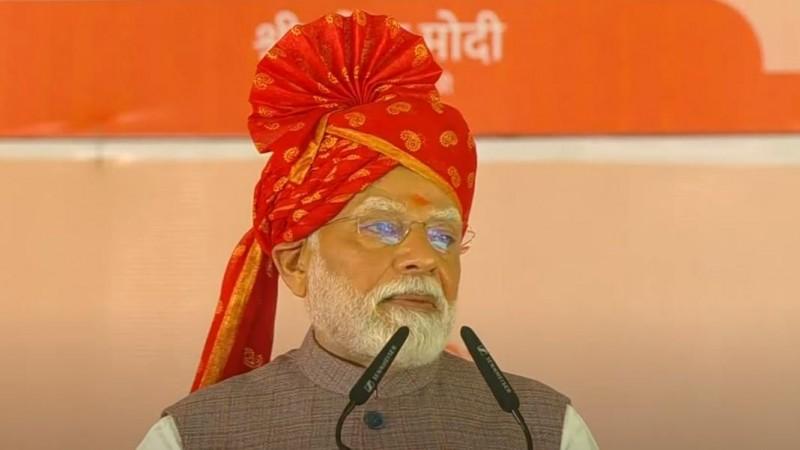
Prime Minister Narendra Modi recently highlighted the transformative changes in India's energy sector over the past 11 years. These reforms have significantly advanced both the renewable energy and hydrocarbon sectors, positioning India as a global leader in clean energy. The Prime Minister's address was supported by detailed insights from Union Ministers Pralhad Joshi and Hardeep Singh Puri, who elaborated on the progress in their respective areas.
Union Minister for New & Renewable Energy, Pralhad Joshi, emphasised India's remarkable achievements in renewable energy. Over the past decade, the country has installed over 232 gigawatts (GW) of renewable energy capacity, with an additional 176 GW under construction. This places India third globally in solar energy, fourth in wind power, and fourth in total renewable energy capacity. Joshi noted that these accomplishments are not just about meeting energy needs but also about actively shaping the global discourse on energy transition.
The journey towards this leadership position has been marked by bold reforms, timely decisions, and a clear long-term vision. Prime Minister Modi's commitment to building a robust renewable energy ecosystem dates back to his tenure as the Chief Minister of Gujarat, where he pioneered large-scale solar projects long before clean energy became a global priority. This foresight has been instrumental in India's current standing as a clean energy leader.

Hydrocarbon Sector Developments
In the hydrocarbon sector, Minister of Petroleum and Natural Gas, Hardeep Singh Puri, outlined the government's efforts to make India's upstream sector more attractive. The introduction of the Open Acreage Licensing Policy (OALP) has been a game-changer, allowing for the exploration and development of India's vast hydrocarbon resources. The policy aims to unlock the potential of India's sedimentary basins, some of which have already been identified, while others await exploration.
The government's focus on clean and affordable energy in the hydrocarbon sector is part of a broader strategy to ensure energy security and sustainability. By fostering an environment conducive to investment and innovation, India is poised to become a major player in the global energy market. The strategic development of hydrocarbon resources is crucial for meeting the country's growing energy demands and ensuring long-term energy security.
India's journey towards energy transformation is not an isolated phenomenon. Historically, the country has faced significant challenges in meeting its energy demands, given its vast population and rapid economic growth. The shift towards renewable energy and the strategic development of hydrocarbon resources are part of a larger narrative of energy independence and sustainability.
Global recognition
Globally, India's energy reforms have been recognised as a model for other developing nations. The country's commitment to clean energy aligns with international efforts to combat climate change and reduce carbon emissions. India's leadership in this area has been acknowledged in various international forums, further solidifying its role as a key player in the global energy landscape.
The transformative reforms in India's energy sector are a testament to the strategic vision of Prime Minister Modi and his government. By prioritising clean energy and sustainable development, India is not only addressing its own energy needs but also contributing to global efforts to create a more sustainable future. The continued expansion of renewable energy capacity and the exploration of hydrocarbon resources will be crucial in meeting India's growing energy demands.
Looking ahead, the government's commitment to innovation and investment in the energy sector will play a pivotal role in shaping the country's energy future. The strategic vision and commitment to sustainability demonstrated by the Indian government serve as a model for other nations seeking to balance energy needs with environmental responsibility.
India's leadership in clean energy is not just about meeting domestic energy needs but also about setting a global example. The country's efforts in renewable energy and hydrocarbon development have positioned it as a leader in the global energy transition. As India continues to innovate and invest in its energy sector, it is poised to play a crucial role in shaping the future of global energy.
The Prime Minister's emphasis on transformative energy reforms highlights the significant strides India has made over the past 11 years. With a focus on renewable energy and hydrocarbon development, India is well-positioned to lead the global energy transition. The strategic vision and commitment to sustainability demonstrated by the Indian government serve as a model for other nations seeking to balance energy needs with environmental responsibility. As India continues to innovate and invest in its energy sector, it is poised to play a crucial role in shaping the future of global energy.















